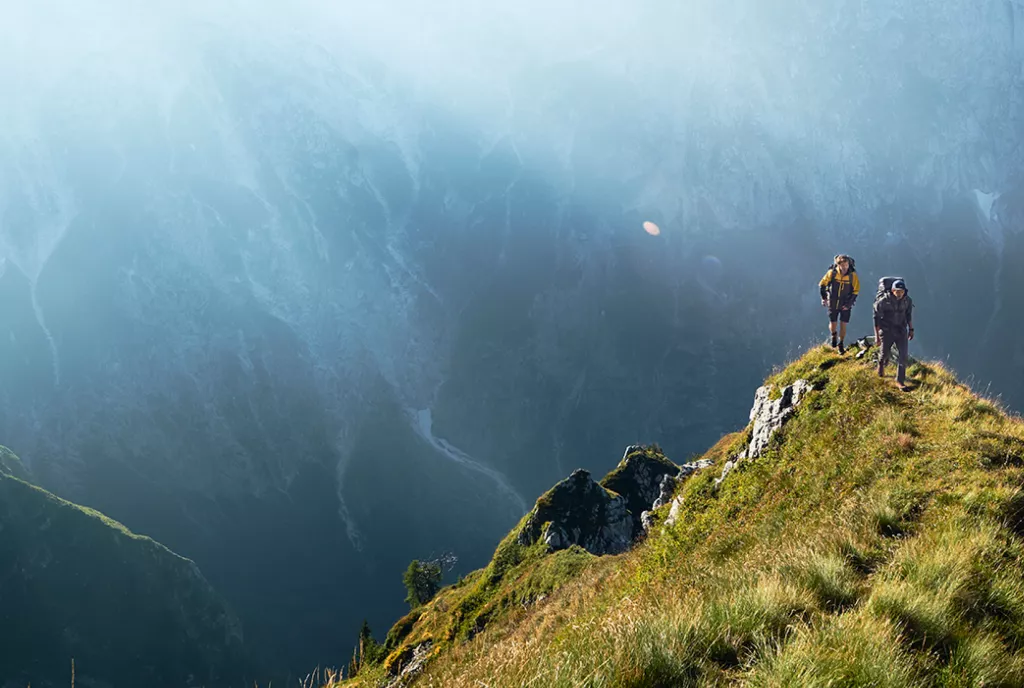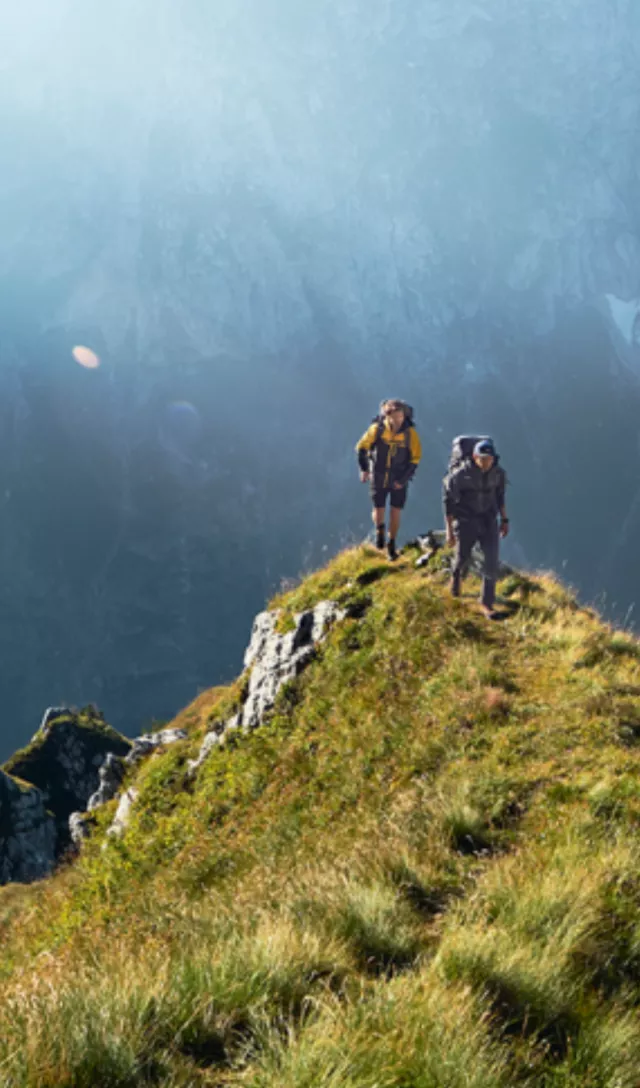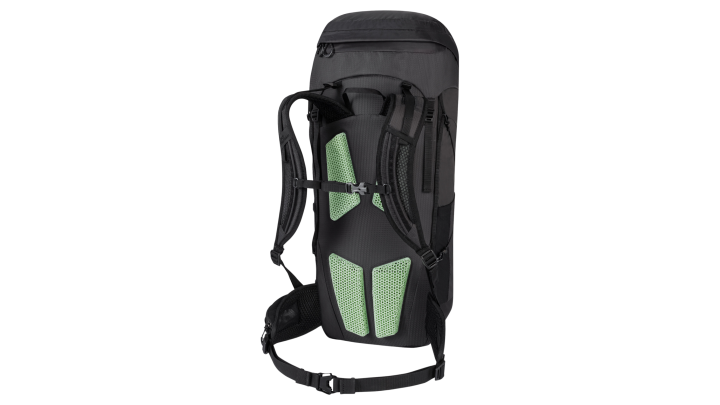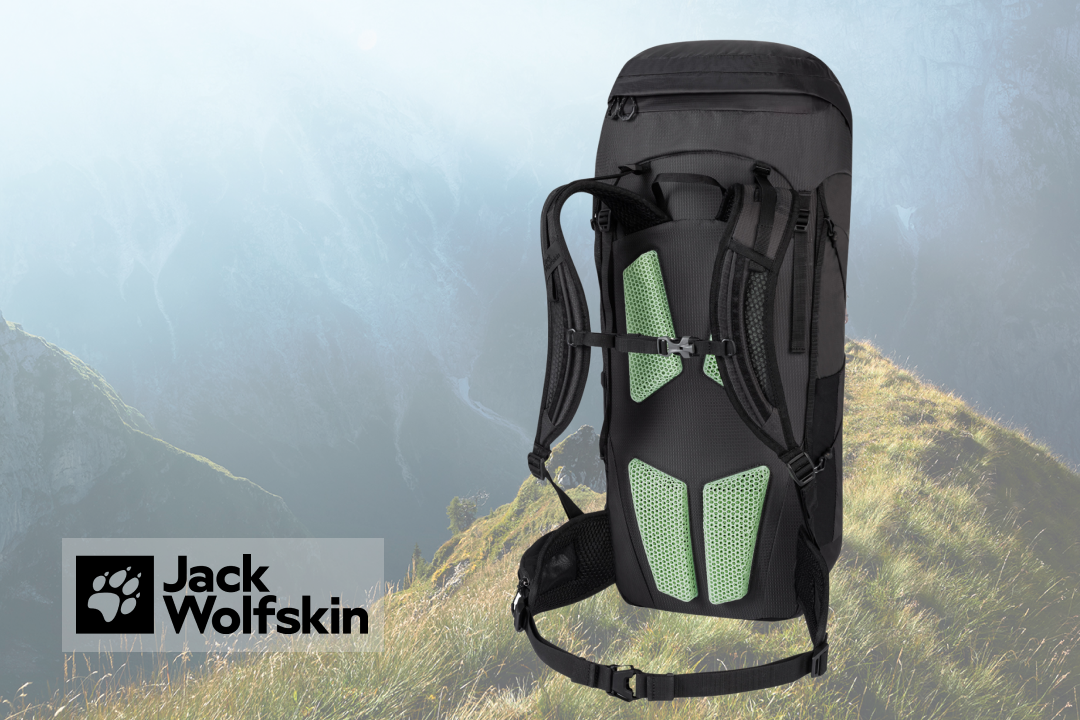“We are pleased to support Jack Wolfskin in the development of the ‘Aerorise’ backpack series. With our expertise in additive manufacturing, we have been able to significantly improve the product features of the backpack for the benefit of the customer. Additive Manufacturing will significantly change the design and product development of outdoor equipment and sporting goods in the coming years. We see significant growth potential for 3D printing development and series production in these areas.”
- Assembly
OECHSLER’s Electric Parking Brake - Success story
We provide sophisticated solutions, based on 20 years of experience in actuator development, prototyping, and manufacturing.
Learn more






















